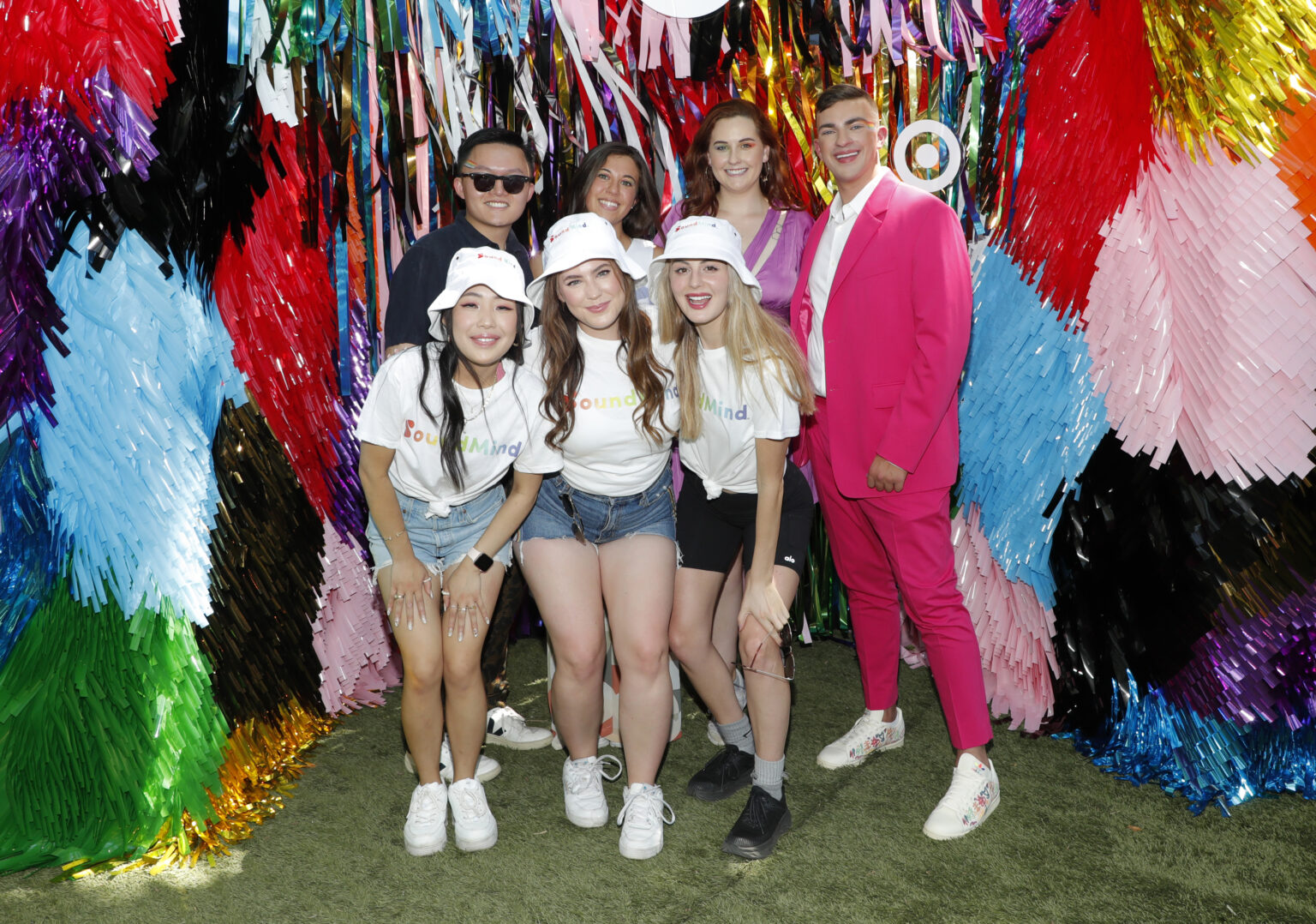Recent surveys from ResumeBuilder and Intelligent suggest that perceptions of Generation Z (Gen Z) as challenging colleagues may hold some validity.
Both platforms conducted separate surveys targeting nearly a thousand business leaders involved in hiring decisions, yielding insights into Gen Z’s performance within corporate structures.
According to ResumeBuilder’s survey, 74% of managers reported that Gen Z is the most challenging generation to work with. Nearly half (49%) cite difficulties working with Gen Z employees “most of the time.”
Managers frequently point to issues like low motivation, insufficient tech skills, and limited resilience, with 65% indicating they’ve terminated Gen Z employees more frequently than employees from other generations.
Intelligent’s findings echo these sentiments. Seventy-five percent of surveyed employers were dissatisfied with recent college graduates, with 60% terminating Gen Z hires within the first year. Alarmingly, 1 in 7 hiring managers expressed reluctance to hire recent graduates in the future.
Key challenges cited by both studies include poor communication skills, low resilience, lack of initiative, difficulty handling constructive feedback, and inadequate preparation for the workforce.
Related: The Cost and Earning Potential of College Degrees by Major
Approximately 39% of managers in both surveys identified communication as a significant issue. Intelligent found that 53% of hiring managers believe recent graduates are underprepared.
Additionally, more than half view Gen Z as lacking a strong work ethic, with some reporting patterns such as frequent lateness, casual attire in formal meetings, and unprofessional language. Sixty-three percent believe Gen Z employees are easily offended, and 65% say they exhibit a high sense of entitlement.
As a result, some companies are opting to terminate recent graduates quickly, with 12% reporting they have dismissed hires within a week and 27% within a month.
When it comes to generational preferences, 34% of managers favor millennials for their productivity and technological skills, while 30% find Gen X employees to be more reliable.
Despite these reported drawbacks, Gen Z also brings valued qualities to the table, such as innovation, adaptability, and a strong emphasis on authentic and ethical corporate practices.
Gen Z tends to be more aware of mental health and willing to call out toxic work environments, which some–but not all–employers appreciate.
Experts suggest that remote learning and working conditions during the pandemic may have hindered Gen Z’s development of professional communication and interpersonal skills.
To address these gaps, companies can invest in onboarding programs tailored to Gen Z, clarifying workplace culture and expectations.
Assigning mentors to new hires can also help bridge skill gaps. While Generation Z’s innovative thinking is highly valued, improved face-to-face communication skills could enhance workplace dynamics and support their long-term success in corporate settings.


